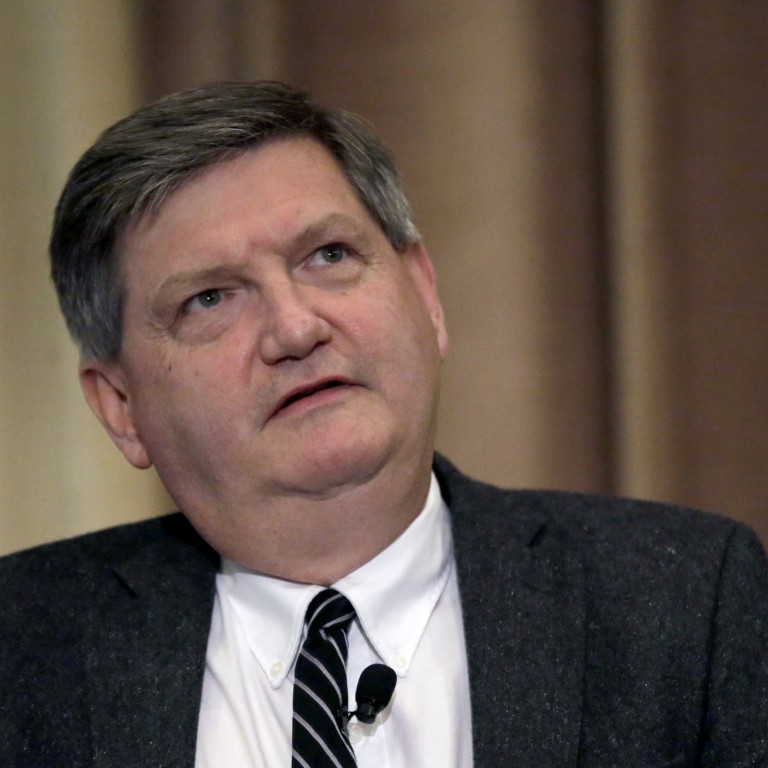
Holder will not force New York Times reporter to reveal source in high-profile leak case
Attorney general won't ask New York Times journalist to reveal name in a long-running case pitting the Obama administration against the media
Attorney General Eric Holder has decided he will not force a reporter to reveal his confidential source in a high-profile leak investigation that has pitted the Obama administration against the press for years, according to a person familiar with the decision.
A federal judge had set a Tuesday deadline for the Justice Department to say whether it intended to compel reporter James Risen to identify his source in the trial of Jeffrey Sterling, a former CIA official who was accused of leaking classified information.
With that deadline approaching, Holder has told prosecutors that while they may still request a subpoena of Risen, the journalist cannot be required to reveal any information about the identity of his source, according to the person familiar with the decision.
The US attorney for the Eastern District of Virginia, which is prosecuting the case, declined to comment, as did a Justice Department spokesman. Edward MacMahon, Sterling's attorney, said he had not been informed of any decisions about Risen but that the revelation, if true, was troubling.
"We're waiting for the formal responses ordered by the court, but if the result is that the attorney general doesn't want to issue the subpoena that his own Department of Justice fought for all the way to the US Supreme Court, then three years of Mr. Sterling's life have been wasted in litigation," MacMahon said.
The Risen case had become a major flashpoint between the Justice Department and press advocates. Over nearly six years, the Obama administration has prosecuted eight leak cases, more than were pursued under all previous administrations combined.
The possibility that a reporter could have been compelled to divulge a source in a leak case or face prison time embroiled the Justice Department in a free-press controversy and sparked a prolonged court battle.
Holder had previously said he would not oversee the jailing of a reporter who was protecting a source, and the Risen decision makes good on that promise. Holder recently said that his biggest regret as attorney general was how he handled a subpoena for a reporter for Fox News who federal prosecutors called a "criminal co-conspirator" because he had discussed classified information with a US official.
Sterling is accused of being a source in Risen's book, , in which the reporter revealed an effort by the CIA to sabotage Iran's nuclear weapons programme.
No decision has been made about whether to issue a subpoena to Risen, the official said.
Separately, Holder also has withdrawn his initial approval to subpoena a CBS producer to appear as a witness in a terrorism trial in New York after learning that the journalist would contest the effort to secure his testimony, according to US officials.
In the CBS case, Preet Bharara, the US attorney for the Southern District of New York, had asked Holder to approve a subpoena for Richard Bonin, a longtime producer for , to testify in a trial of two men accused in the 1998 bombings of two US embassies in East Africa by al-Qaeda.
In a memo to Holder, Bharara indicated that if subpoenaed, Bonin would be willing to testify in the trial, set to start next month.
Holder, acting on the basis of Bonin's apparent willingness to testify, then approved the subpoena. But a spokesman has said that Bonin was not approached by prosecutors and did not agree to testify. Issuing the subpoena threatened to embroil the Justice Department in another free-press controversy.
